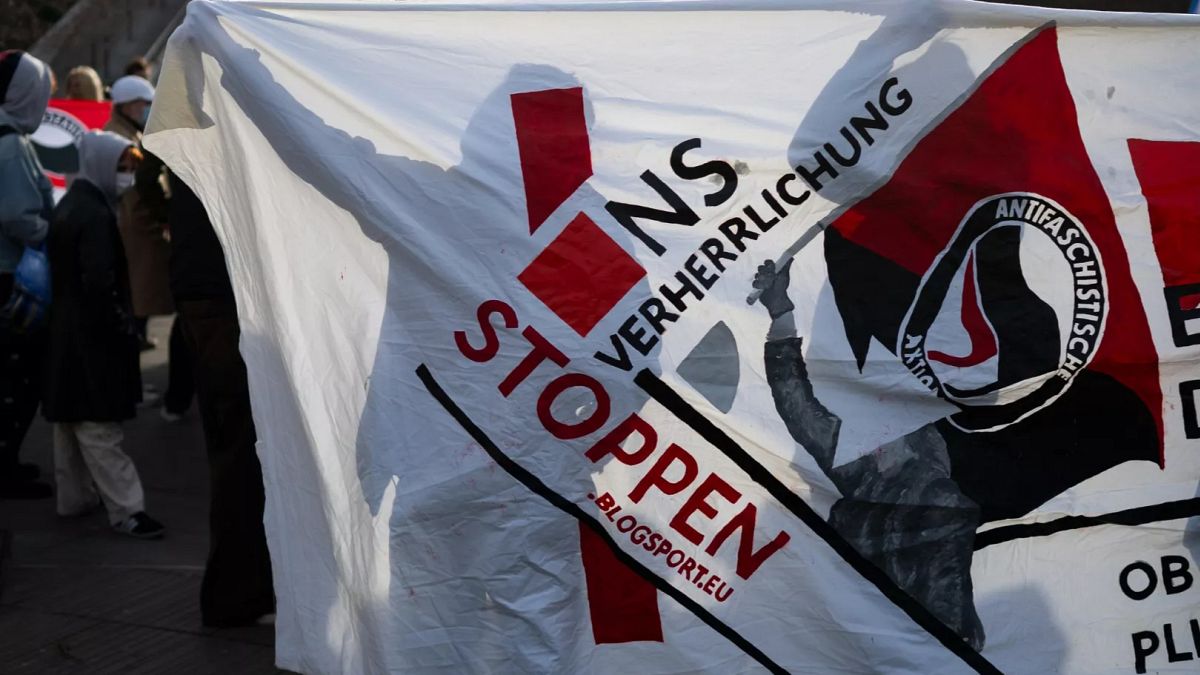Hungary will replicate a policy announced on Thursday by US President Donald Trump and designate antifa a terrorist organisation, Prime Minister Viktor Orbán said on Friday.
Antifa, short for “anti-fascist,” is an umbrella term for loosely affiliated far-left activists and groups that resist fascism, fascists and neo-Nazis, especially at demonstrations.
It resembles more an ideology than an actual organisation, though some have embraced militant tactics.
Orbán, a right-wing politician and strong ally of Trump, said in comments to state radio on Friday that he was “pleased” by the White House announcement that it would designate antifa a “major terrorist organisation” in the United States.
“Antifa is indeed a terrorist organisation,” Orbán said. “In Hungary, too, the time has come for us to classify organisations such as antifa as terrorist organisations, following the American model.”
It was unclear what prompted Orbán’s decision to make the move.
Antifascist groups rarely engage in political actions in Hungary, where Orbán and his party have held near-total power for more than 15 years.
Political violence
In his statement on Friday, Orbán referenced a 2023 incident in which antifascist activists engaged in assaults against several suspected participants in an annual far-right event in Budapest.
One of the alleged assailants, Italian activist Ilaria Salis, was jailed in Hungary for over a year following the assaults, resulting in a diplomatic dispute between Rome and Budapest over her treatment in detention.
Salis was released to house arrest in May 2024 before winning a seat in the European Parliament, as a result of which she gained legal immunity.
Hungary continues to demand that she be returned to face trial, where prosecutors have sought an 11-year sentence.
On Friday, Orbán bemoaned Salis’ release, saying antifa had “come to Hungary and beaten peaceful people in the street, some were beaten half to death, and then they became European members of parliament and from there lecture Hungary on the rule of law.”
Additional sources • AP

